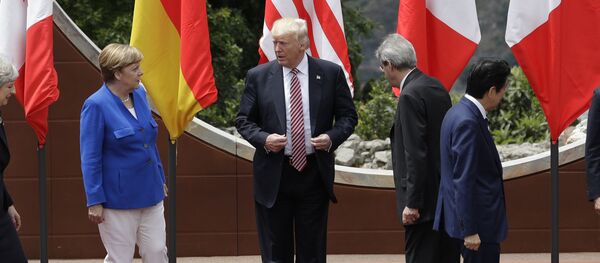Sputnik: Could you sum up some of the most significant findings from this new report?
Nikhil Datta: We investigated some of the descriptive statistics for people on zero hour contracts. At LSE we ran a survey of 20,000 people, so it was a large scale survey, of which about 5% of those respondents, over a thousand people were on zero hour contracts. Based on that, we asked them specific questions related to say whether they liked be on zero hour contracts, did they like being on zero hour contracts, etc. The main findings that we found, was that there was a stark dichotomy for these individuals — about half were satisfied with their zero-hour contract jobs. That means about 45% wanted more regular work patterns, 45% wanted more hours and 30% of individuals on zero hour contracts were doing those jobs because they had no other option in the labour market. On the other hand, we see about 30% of individuals who are on zero hour contracts because they liked the flexibility that they offered. What we did see though is that pretty much all zero hour contracts are at their most prevalent in low paid sectors — so hospitality, retail, the social care sector, cleaning, security, those type if sectors that aren’t paid so well.
Nikhil Datta: Yes, one of the recommendations from the Taylor Review, is that they recommended that there should be a higher minimum wage for individuals on zero hour contracts. Actually, what’s interesting is that we looked at the impacts of the minimum wage on firms in the social care sector to see if when they experienced the cost shock of the minimum wage; did they use zero hour contracts to whether that shock and to reduce their wage liability. We do also see some suggestive evidence that it’s happening in other sectors but we can’t say that as concretely. It does shine a light onto this idea that if zero hour contracts workers were paid a marginally higher minimum wage, would that either prevent firms from shipping them off to these sorts of contracts in response to this minimum wage? Would it mean that they would at least get higher earnings? These are all possibilities.
Nikhil Datta: In terms of Britain’s productivity, obviously if you are a firm and you’re employing people on zero hour contracts, the chances are you have less of an incentive on training and improving the human capital of your workforce, which in turn will have impact on productivity. The UK has a major productivity issue; our productivity is something like 16% lower than the G7 average. In terms of workers, if we see more of these zero hour contracts appearing, then there are clearly going to be welfare effects for workers as we’ve seen from our survey. There are groups of individuals that want more hours and more regular hours, so there are likely to be significant welfare effects.





